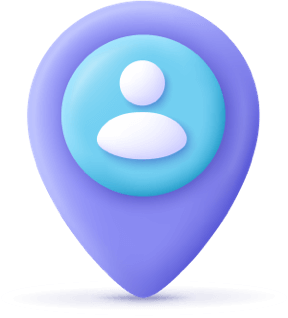Hey good morning
My youngest had a Community Living Worker for a few years and visited the Niagara Children's Centre a few times for speech and occupational therapy, he also has migrains . My oldest is on an IEP program and has had some speech therapy as well occupational therapy .
What special needs does your child have?
My oldest has mild Central Auditory Processing Disorder
http://kidshealth.org/parent/classroom/factsheet/APD-factsheet.html?tracking=P_RelatedArticle
What Teachers Should Know
Students with auditory processing disorder (APD) can't process the information they hear in the same way as others because their ears and brain don't fully coordinate.
Kids with APD often have difficulty recognizing subtle differences between sounds in spoken words, even when the sounds are loud and clear enough to be heard. This usually happens when there's background noise, like in a typical classroom. In addition, loud or sudden noises can easily distract or bother students with APD.
Kids with APD, which is also known as central auditory processing disorder (CAPD), have normal hearing. APD may be confused with certain learning disabilities or attention deficit hyperactivity disorder (ADHD), though it is also possible to have APD as well as language impairments, learning disabilities, or ADHD.
Five main problem areas can affect students with APD:
1.Auditory figure-ground problems: when a child can't pay attention if there's noise in the background. Noisy, low-structured classrooms can be very frustrating.
2.Auditory memory problems: when a child has difficulty remembering information such as directions, lists, or study materials. It can be immediate ("I can't remember it now") and/or delayed ("I can't remember it when I need it for later").
3.Auditory discrimination problems: when a child has difficulty hearing the difference between similar words or sounds (COAT/BOAT or CH/SH). This can affect following directions, reading, spelling, and writing.
4.Auditory attention problems: when a child can't stay focused on listening long enough to complete a task or requirement, such as listening to a teacher in class.
5.Auditory cohesion problems: when higher-level listening tasks are difficult. Auditory cohesion skills — drawing inferences from conversations, understanding riddles, or comprehending verbal math problems — require heightened auditory processing and language levels. They develop best when all the other skills (levels 1 through 4 above) are intact.
If the auditory deficits aren't identified and managed, many students with APD will face academic challenges.
Students with APD can benefit from working with a speech and language therapist, in addition to getting regular evaluations by audiologists.
What Teachers Can Do
It's important to understand that APD is an auditory issue and not a cognitive, speech, or language disorder. Your student may feel embarrassed to let you know he or she did not understand what you said or directions you gave.
Speaking clearly, making sure students with APD write down the assignments, and helping them stay organized may ease their frustration and boost their self-esteem in the classroom.
Teachers also can help students with APD by:
•reducing background noise, when possible
•having them sit in the front of the class or near you to hear better
•encouraging use of assistive devices in class, such as a personal FM system
•having them take tests or work on assignments in an area away from distractions
Reviewed by: Mary L. Gavin, MD
Date reviewed: May 2014
Edited by
SM8
on Mon 09/28/15 06:45 AM







